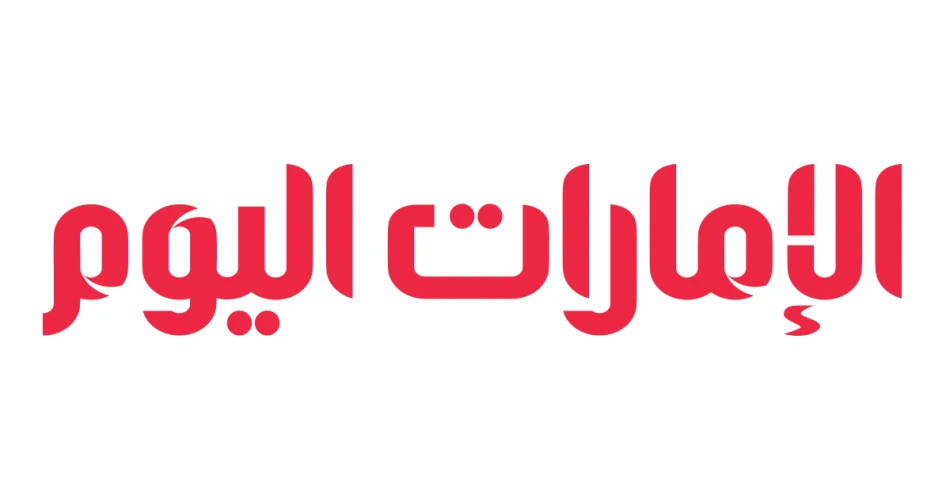
UN Extends Arms Embargo on Haiti, Prioritizing Stability and Security
The UN Security Council unanimously extended Haiti's weapons embargo for another year and added two more individuals to its sanctions list. But the sanctions haven't stopped gang violence from getting worse since they were first put in place in 2022.
The Security Council created these sanctions two years ago to tackle Haiti's escalating violence as criminal gangs took control of large parts of the country. The embargo started by targeting specific weapons but later expanded to ban all arms transfers to Haiti.
The situation on the ground tells a different story than what the sanctions were meant to achieve. Gang violence has actually increased since 2022, with armed groups now controlling an estimated 60% of Port-au-Prince, the capital. These gangs have displaced hundreds of thousands of people and created a humanitarian crisis that keeps getting worse.
The Security Council warned that ongoing gang violence "could have broad negative humanitarian, social and economic consequences." This language reflects growing international concern about Haiti's complete breakdown of law and order.
But here's the problem: the sanctions aren't working as intended. Weapons continue to flow into Haiti despite the embargo, mostly through illegal smuggling networks and corrupt officials. Many of these arms come from the United States, where gun purchases are legal but then trafficked across the border.
For international observers, Haiti represents a test case for whether sanctions can stop violence in failed states. The country has no functioning government after President Jovenel Moïse's assassination in 2021, making enforcement nearly impossible.
The two new individuals added to the sanctions list face asset freezes and travel bans, though the Security Council didn't release their names immediately. Previous sanctions have targeted gang leaders and their financial networks, but these measures have had limited impact on actual violence levels.
Haiti's crisis also affects regional stability. Thousands of Haitians are fleeing by boat to neighboring countries, creating refugee pressures across the Caribbean. The Dominican Republic, which shares the island of Hispaniola with Haiti, has started building a border wall to control migration.
Most Viewed News

 Sara Khaled
Sara Khaled






